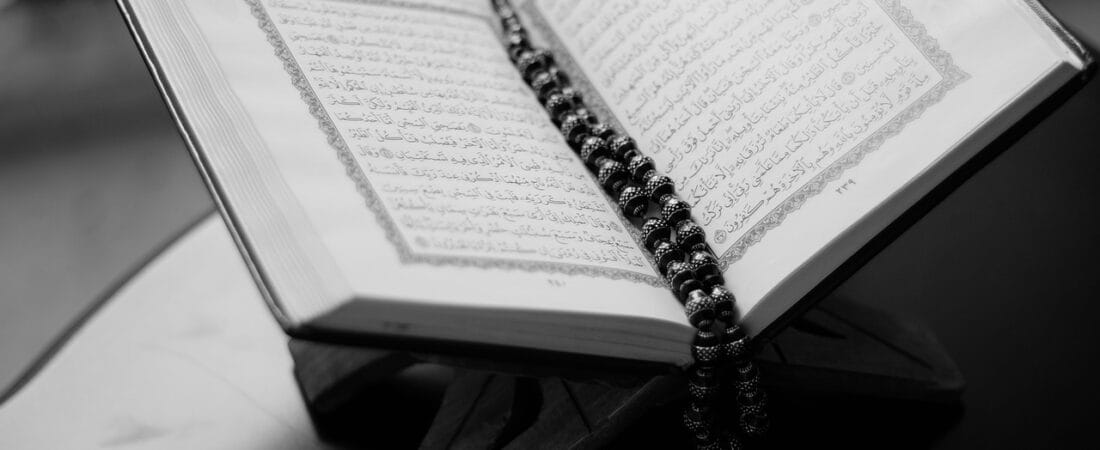The Quran, the holy book of Islam, holds a special place in the hearts of over a billion Muslims worldwide. As a divine revelation and a guide for life, it sparks curiosity and invites reflection. Muslims, whether new to the faith or deeply immersed in it, often ask profound questions to deepen their understanding and strengthen their connection with the Quran. In this article, we explore some of the most common questions Muslims ask about the Quran.
What is the Quran and Its Significance?
Muslims often begin their journey of understanding the Quran by asking, What is the Quran? It is the literal word of Allah, revealed to the Prophet Muhammad (PBUH) over 23 years. The Quran is not merely a book of laws; it serves as a guide for spiritual growth, ethical conduct, and the pursuit of justice. But how does the Quran differ from other scriptures? Muslims believe that the Quran corrects and completes the messages found in earlier revelations like the Torah and the Bible.
Revelation and Compilation: How Did It All Come Together?
Questions about how the Quran was revealed and compiled are common. The Quran was delivered to Prophet Muhammad (PBUH) by Angel Jibreel (Gabriel) in stages over 23 years, addressing the evolving needs of the Muslim community.
Muslims also ask, Who compiled the Quran into its current form? After the Prophet’s passing, the Caliphs, particularly Abu Bakr and Uthman, took steps to ensure its preservation. The Quran was meticulously compiled into a single written manuscript, ensuring consistency and authenticity.
How Should the Quran Be Interpreted?
Understanding the Quran requires more than just reading its text. Muslims frequently ask, How should the Quran be interpreted? This involves studying Tafsir (exegesis), which provides context and explanation for its verses.
Many wonder about the role of historical and cultural context in interpretation. Since the Quran was revealed in 7th-century Arabia, it’s important to consider the circumstances of revelation while applying its teachings to modern life.
Another common question is, Why are there different interpretations of the Quran? Diverse schools of thought and cultural perspectives can lead to varying interpretations, but the core principles remain unchanged.
Applying the Quran in Daily Life
The Quran offers guidance on every aspect of life, from worship and relationships to ethics and justice. Many Muslims ask, How can I apply the Quran’s teachings in daily life? By reflecting on its verses and seeking knowledge, believers can align their actions with its principles.
Some also ask about abrogation in the Quran. This refers to certain verses being superseded by others to address changing circumstances during the Prophet’s time. Understanding abrogation helps clarify seemingly contradictory passages.
Memorization and Recitation
One of the unique aspects of the Quran is its emphasis on memorization. Muslims ask, Why is memorizing the Quran important? Those who commit the Quran to memory, known as Hafiz, are highly respected for preserving its message.
Another frequently asked question is about Tajweed, the art of Quranic recitation. Why is Tajweed necessary? Proper pronunciation ensures the accurate transmission of the Quran’s message, preserving its linguistic beauty and meaning.
Scientific and Linguistic Miracles
The Quran’s content continues to inspire awe. Many Muslims ask, What scientific facts are mentioned in the Quran? From embryology to astronomy, the Quran contains knowledge that aligns with modern scientific discoveries, affirming its divine origin.
Muslims also marvel at the Quran’s linguistic miracle. Why is the Quran considered a linguistic masterpiece? Its eloquence, rhythm, and unmatched style make it unique, even to native Arabic speakers.
Preservation and Authenticity
The Quran’s preservation is a topic of frequent inquiry. Muslims often ask, How has the Quran remained unchanged for over 1400 years? The meticulous oral and written transmission of the Quran has safeguarded it from alteration, ensuring that Muslims worldwide recite the same text.
Another question is about the Quran’s Qira’at, or modes of recitation. While the words remain the same, slight variations in pronunciation reflect the richness of the Arabic language and cater to different dialects.
Engaging with the Quran
A recurring question is, How can I build a personal connection with the Quran? Muslims are encouraged to read, reflect, and act upon its teachings to make it a living guide in their lives.
Some also wonder, How can I ensure I’m interpreting the Quran correctly? Consulting knowledgeable scholars and using authentic sources of Tafsir helps prevent misinterpretation.
The Quran and Non-Muslims
Muslims often encounter questions from non-Muslims about topics like women’s rights or warfare in the Quran. Addressing these inquiries requires understanding the historical context and emphasizing the Quran’s universal values of justice, mercy, and compassion.
A Timeless Guide for Humanity
Ultimately, Muslims ask, How can the Quran guide humanity in modern times? Its principles of morality, compassion, and justice are timeless, offering solutions to contemporary challenges.
By seeking answers to these questions, Muslims deepen their understanding and appreciation of the Quran, allowing its light to guide their lives. The Quran remains not just a book to be read, but a lifelong companion for reflection, growth, and spiritual connection.
Do you have more questions about the Quran? Share your thoughts and let’s continue the conversation!

